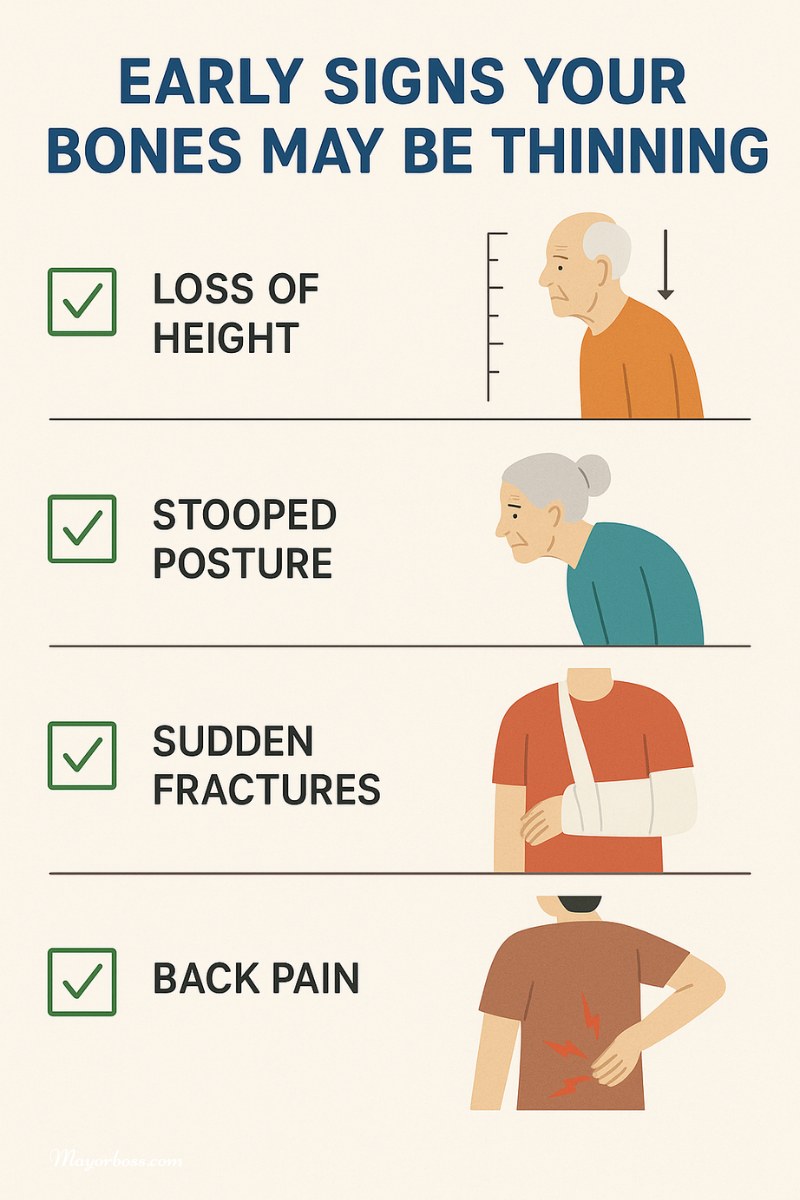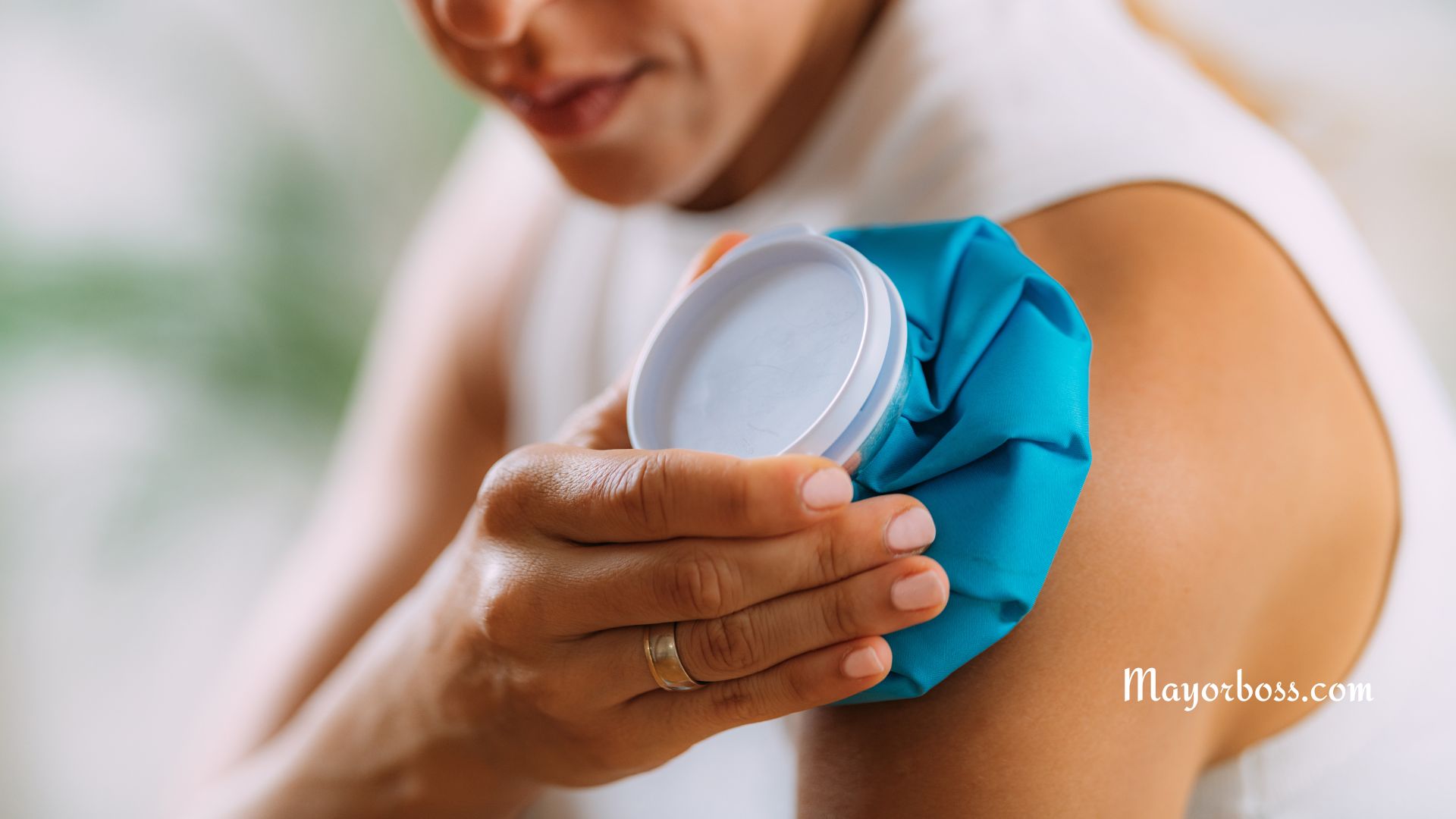Why You Need 2 Litres of Water Daily
Hydration is a cornerstone of health, often encapsulated in the simple recommendation to drink at least 2 liters of water daily. While this figure may seem arbitrary to some, understanding its basis reveals the profound impact hydration has on our physical and mental well-being. This article delves into the science behind the 2-liter recommendation, explores the benefits of staying hydrated, and addresses common questions surrounding water consumption.

Understanding the 2-Litre Recommendation
The advice to drink 2 liters (approximately eight glasses) of water daily is grounded in average bodily needs. The human body is about 60% water, and every cell, tissue, and organ relies on water to function optimally. Water is essential for:
- Regulating body temperature through sweating and respiration
- Transporting nutrients and oxygen to cells
- Lubricating joints
- Removing waste through urination, perspiration, and bowel movements
- Enhancing cognitive functions and maintaining neurotransmitter balance
The 2-litre guideline serves as a general benchmark for adults, aiming to replenish the water lost through daily activities such as breathing, sweating, and eliminating waste.
The Impact of Hydration on Health
- Enhanced Physical Performance: Adequate hydration is crucial for maintaining endurance, strength, and power during physical activity. Dehydration can lead to early fatigue, increased heart rate, and higher perceived effort.
- Optimized Metabolism: Drinking water can temporarily boost metabolism, aiding in weight management. Moreover, substituting water for sugary drinks reduces calorie intake.
- Detoxification: Water facilitates the removal of waste products, reducing the burden on the kidneys and liver.
- Improved Digestive Health: Sufficient water intake helps prevent constipation and supports the digestion and absorption of nutrients.
- Concentration and Alertness: Hydration status directly influences concentration, alertness, and short-term memory. Even mild dehydration can impair cognitive performance and mood.
- Stress Reduction: Adequate water intake can mitigate the physiological impacts of stress on the body.
- Hydration and Skin: Well-hydrated skin appears more vibrant and is less prone to dryness and wrinkles over time.
Addressing Common Questions
1. Can I Drink Too Much Water?
Yes, though rare, it is possible to drink too much water, a condition known as hyponatremia, where the body’s sodium levels become dangerously low. It’s essential to listen to your body and drink when thirsty.
2. Are Other Fluids Equally Effective?
While water is the best source of hydration, other fluids like herbal teas and clear broths also contribute to your daily intake. However, caffeinated and alcoholic beverages can have diuretic effects.
3. How Do I Know If I’m Drinking Enough?
Listen to your body. Thirst is a reliable indicator for most people. Additionally, urine color can serve as a guide: light yellow indicates good hydration, while dark yellow suggests you need more fluids.
Summary
Hydrating with 2 liters of water daily is more than a health fad; it’s a foundation for physical and mental well-being. This simple practice supports vital bodily functions, enhances performance, and contributes to long-term health. It’s a small, daily action that can lead to significant benefits, making it a cornerstone of a healthy lifestyle. Remember, individual needs may vary, so it’s important to adjust your water intake based on your activity level, climate, and health status. Stay hydrated, stay healthy.
You Need 2 Litres of Water Daily to:
- Supports vital bodily functions such as temperature regulation, nutrient transport, and waste removal.
- Enhances physical and mental performance, aiding in concentration, endurance, and mood.
- Contributes to long-term health benefits, including improved digestive health, metabolism, and skin condition.
Staying adequately hydrated is an easily achievable goal with profound benefits. Embrace the habit of drinking at least 2 liters of water daily and feel the positive changes in your body and mind.






